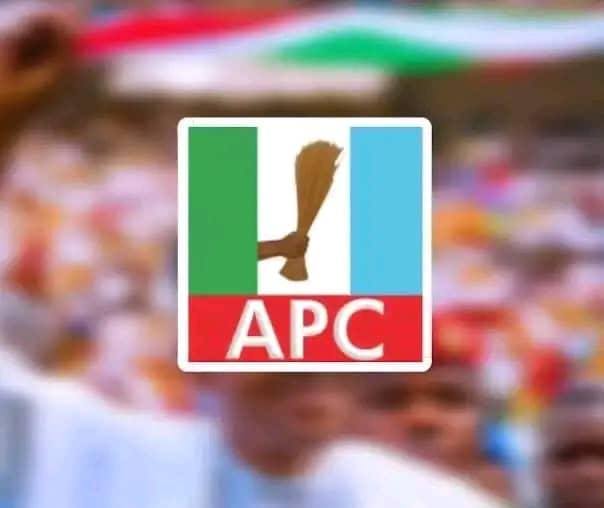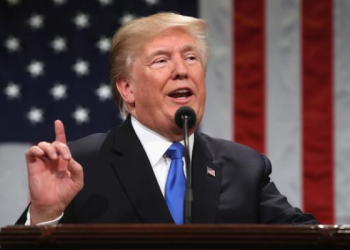The All Progressives Congress (APC) is facing a delicate situation ahead of the 2025 governorship elections in Anambra State.
In Anambra state, there’s an unwritten zoning arrangement for the governorship position that rotates between the three senatorial zones.
This arrangement particularly gained popularity in 2012 during ex-Governor Peter Obi’s administration.

During his governance, Obi insisted that the ruling party, All Progressives Grand Alliance (APGA), produce a candidate from Anambra North to maintain the status quo. Afterwards, Obiano’s emergence from the North solidified this zoning agreement. However, the APC os now attempting to challenge this norm by advocating for an open contest.
Previously in June, the APC Elders Forum bolstered the zoning formula, emphasizing that the party must field a candidate from the south.
In reaction to this brewing drama, some political pundits have argued that deviating from zoning could endanger the party’s chances.
A power shift in the 2025 election
is crucial and maybe inevitable, therefore, the APC must carefully consider its candidate’s origin to avoid impeding the remaining four years of Anambra South’s tenure.
The advocates of no zoning should be wary of what they preach, as they risk shooting themselves in the legs if a new candidate from any other zone claims an eight-year tenure instead of the expected four.
Overall, one can only watch and see how the drama unfolds for the 2025 gubernatorial race.
Why It Matters
The matter of zoning in Anambra’s governorship election is multifaceted. Some of the reasons why it’s significant is because:
Firstly, zoning ensures that each senatorial zone has a fair shot at producing the state governor. By evenly rotating the position, it prevents any single zone from dominating the seat of power indefinitely.
Secondly, the zoning principle contributes to the state’s stability by minimizing conflicts over power. When parties adhere to zoning, it reduces tension and promotes a predictable process.
Thirdly, violating the zoning agreement could be seen as a breach of trust from a voter perspective, negatively impacting voter turnout and belief in the electoral process.

















